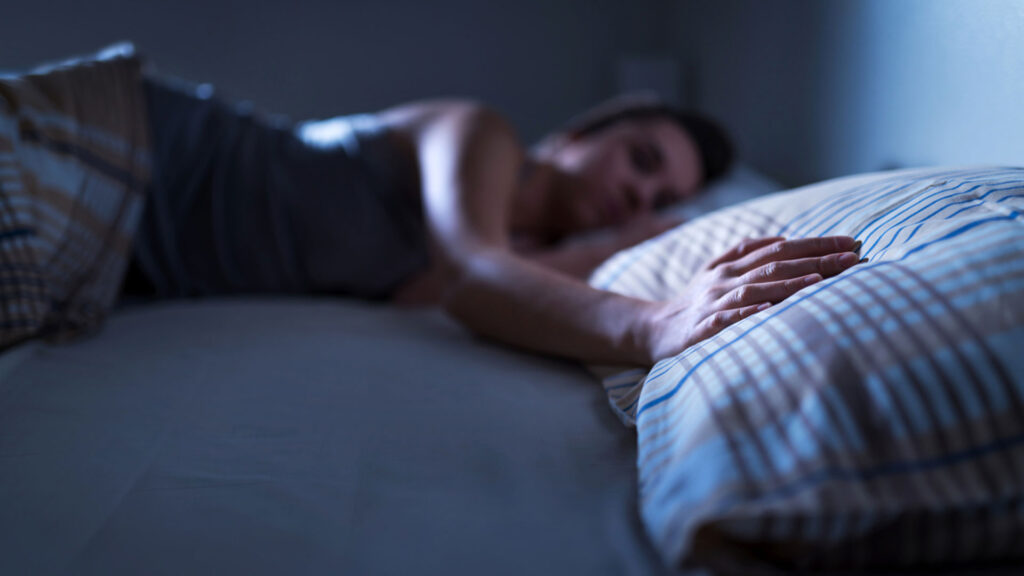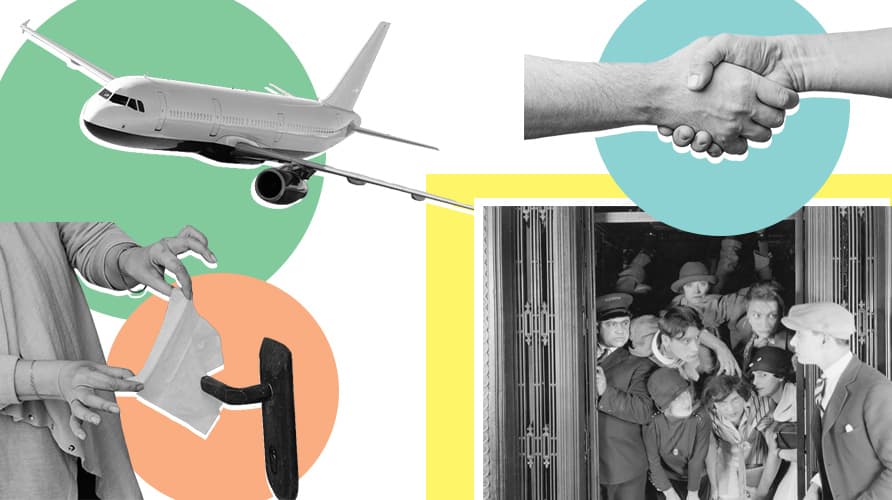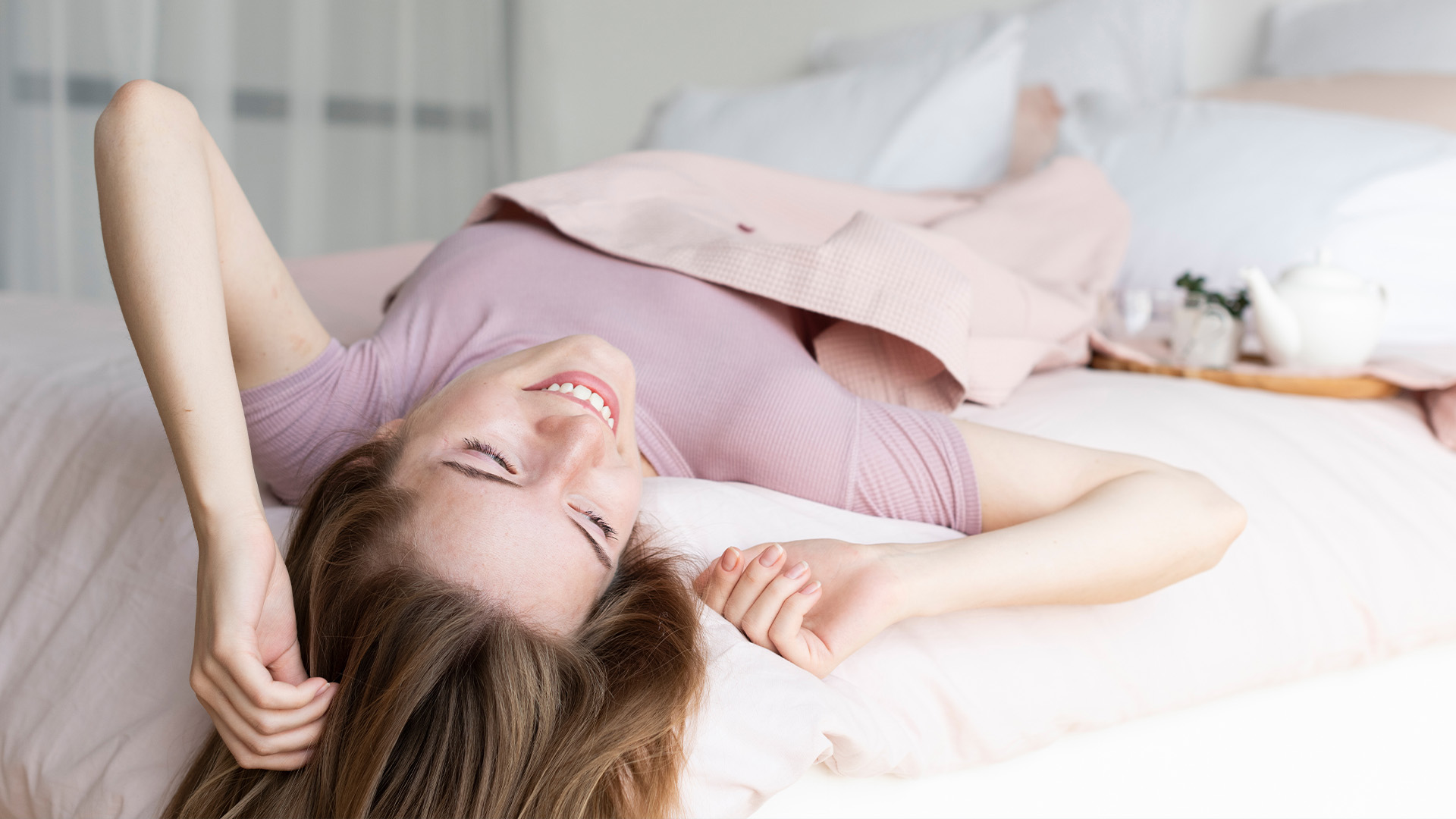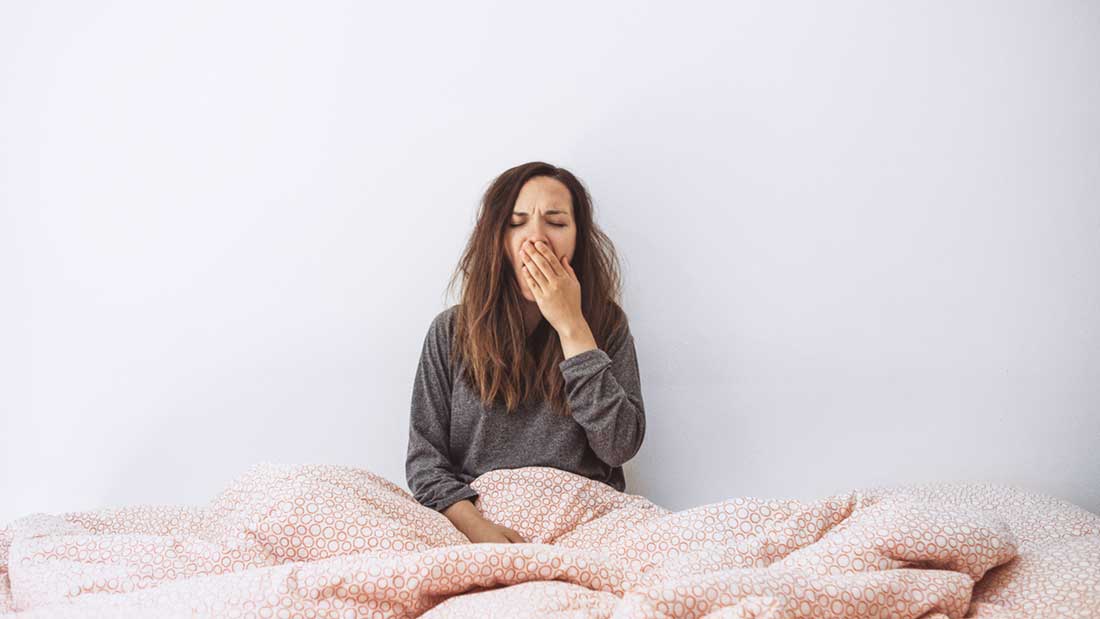
Achy bones, face wrinkles, and trouble sleeping are commonly associated with aging. But what if you could do something to help your troubled sleep? According to a new study, addressing loneliness could be the answer to better sleep and aging gracefully.
A four-year study published in Psychiatry Research, concluded there’s a significant link between loneliness and insomnia symptoms in middle-aged and older adults.
“We’re born to be socially connected and emotionally connected,” senior study author Dr. Bei Wu said. “Loneliness represents a perceived discrepancy between one’s actual and desired social relationships.” (1)
Using data from the Health and Retirement Study, a nationally representative survey of Americans over the age of 50, the study found feeling lonely can cause insomnia symptoms to heighten overtime. This includes difficulties falling asleep and maintaining sleep, early-morning awakenings, and feeling tired and unrefreshed after sleeping.
The study found participants that were lonely are almost twice as likely to develop at least one insomnia symptom compared to the non-lonely participants.
Wu explained the findings to PsyPost saying, “This suggests that fostering social connections and addressing feelings of loneliness could potentially help improve sleep quality in this population.”
The study also evaluated how social isolation impacts sleep, but social isolation was not linked with difficulties maintaining sleep, early-morning awakening, or at least one insomnia symptom. (1)
“Our findings highlight the importance of public health interventions aimed at fostering close emotional relationships. Such interventions could potentially reduce the burden of poor sleep among middle-aged and older adults,” Wu told PsyPost.
An Expert Weighs In
It’s not uncommon for difficulties falling asleep to increase as you get older. “As individuals age, there is typically a natural decline in the production of certain hormones, like melatonin, which regulate sleep,” Keith Carter, a psychiatric nurse practitioner at Relief Mental Health, told Sleepopolis. “These declines may disrupt the sleep-wake cycle and make it more difficult to attain quality sleep.”
Insomnia, a sleeping disorder defined as the inability to fall asleep and/or stay asleep, or not feel rested after sleep, has often been associated with aging. Carter explains this can be due to physiological, lifestyle, and psychological factors.
Since the study was observational, the researchers can’t establish the exact cause of loneliness. While more research will be needed, Carter explains, “the emotional distress associated with loneliness and lacking interpersonal relationships can lead to heightened levels of stress, mood dysregulation, and worsening anxiety all leading to poor quality of sleep.”
He said individuals experiencing loneliness often don’t adhere to a typical daily routine and if they are experiencing negative thought patterns, these can both result in irregular sleeping patterns.
How To Help Someone Experiencing Loneliness
Loneliness is a complex issue and the first step is addressing these feelings through support networks, social interactions, or with coping strategies. Carter explained by using these three strategies it can help improve sleep and your overall well being.
Support Networks
Carter suggests first trying to strengthen your existing relationships. By creating close bonds with friends and family you’ll be provided with emotional support and companionship. It helps sharing your feelings and experiences with individuals you trust, and if friends or family are limited, try participating in community events, volunteer work, or any local gatherings.
Social Interactions
Finding a shared hobby with friends or family members is a great first step, Carter explains. By joining clubs, classes, or groups that align with your interests can help you to further grow connections and community.
Coping Strategies
Trouble falling asleep? Try a simple meditation before bedtime or start practicing mindfulness. Carter also suggests deep breathing and journaling as tools to help improve your sleep and emotional well-being.
Sources
Qi X, Malone SK, Pei Y, Zhu Z, Wu B. Associations of social isolation and loneliness with the onset of insomnia symptoms among middle-aged and older adults in the United States: A population-based Cohort Study. Psychiatry Research. May 26, 2024. doi:10.1016/j.psychres.2023.115266.
Carter, Keith. Personal Interview. August 2024.

How Does Anxiety Affect Your Sleep?

What Experts Say About the “Bed Rotting” Trend and Its Claims to Boost Mental Health

Gen Z Is TikTok Tired and Women Are Feeling It the Most




























